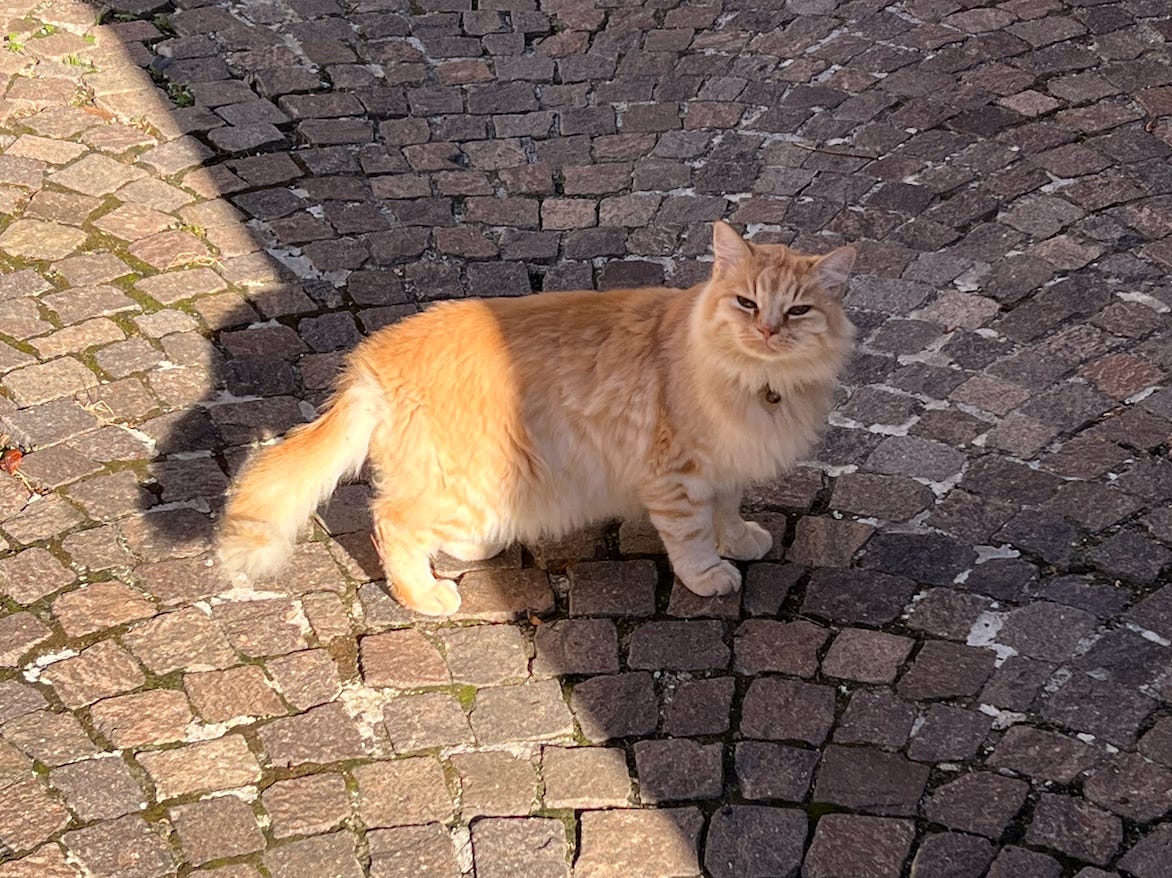AI stole my side hustle (and gave me five more). When artificial intelligence raises the bar — but flattens the skyline.
The Nomag Pulse #27 (anche in Italiano!)
Sorry for the delay.
We’ve been on the road again — this time with our friends at ITS ITALY, exploring Puglia, Sicily, Tuscany and then — boom — the Marche. The most unexpected surprise of all.
Driving through hilltop towns, hopping on regional trains that actually showed up, and discovering Free Wi-F…




